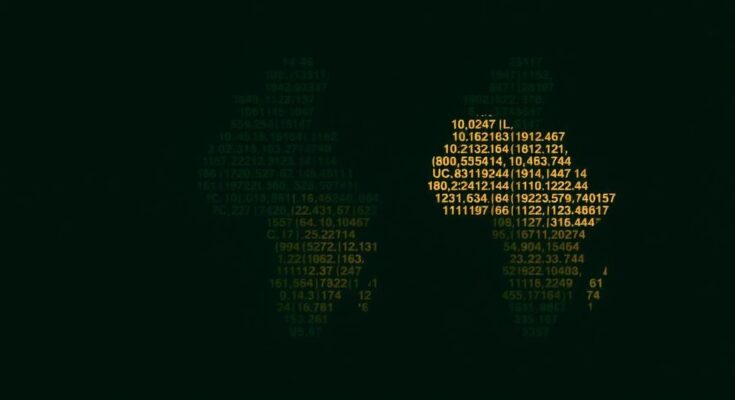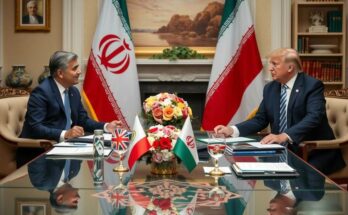The recent US-UAE talks led by President Biden and Vice President Harris centered on the Sudan crisis, emphasizing the need for urgent dialogue and a commitment to civilian governance. Political analyst Mohamed Hereika noted the significance of the US labeling the UAE as a “major defense partner.” He highlighted the UAE’s consistent advocacy for peace despite allegations of its support for opposing factions in Sudan.
In a recent meeting between United States President Joe Biden, Vice President Kamala Harris, and United Arab Emirates President Mohammed Bin Zayed, the discussions prominently centered on Sudan, garnering attention from political analyst Mohamed Hereika. Hereika expressed his astonishment that this conference did not primarily tackle pressing global issues such as the Russia-Ukraine war or the Gaza conflict, as might have been anticipated. Hereika noted the importance of the United States officially recognizing the UAE as a “major defense partner” during their deliberations. He emphasized the shared acknowledgment by both nations regarding the futility of a military resolution to the Sudan crisis, advocating for urgent measures to cease hostilities and restore a civilian-led governance structure. Despite growing tensions from certain factions within Sudan’s government toward the UAE, Hereika highlighted the convergence of interests between the UAE and the United States on the Sudanese matter. He remarked, “The UAE has consistently pushed for a peaceful resolution, particularly regarding the situation of Sudanese refugees in Chad,” referencing a viral video where a refugee implored the UAE to withdraw its support for the paramilitary Rapid Support Forces (RSF). Furthermore, he discussed how the UAE’s recent designation as a defense partner of the US enhances its regional influence and underscores its strategic importance. Hereika addressed allegations surrounding UAE’s support for the RSF, indicating that while international entities have expressed concerns regarding regional interference, there has been no explicit accusation directed at the UAE itself. Additionally, he expressed surprise over the maintenance of diplomatic relations between Sudan and the UAE amidst increasing allegations. He raised concerns about the UAE’s capacity to act as a mediator in the Sudanese conflict, especially in light of allegations from the Sudanese Armed Forces that have been raised. “The perception of bias led the army to withdraw from recent Geneva talks,” Hereika remarked, further highlighting the necessity for dialogue as the sole practical path forward. In conclusion, Hereika asserted, “All wars eventually end at the negotiating table,” compelling a call for political measures to avert impending humanitarian crises. Both the United States and the UAE reaffirmed their dedication to achieving a peaceful resolution in Sudan.
The context surrounding Sudan and the recent US-UAE discussions highlights the intricate geopolitical dynamics in the region, particularly amidst ongoing conflicts and humanitarian crises. The U.S. and UAE’s intensified focus on Sudan underscores a shared commitment to fostering stability and addressing the dire needs arising from the protracted civil strife. With the critical situation reflected in the dire conditions of Sudanese refugees and the complexity of local politics, this cooperation is pivotal in assessing the regional implications of foreign involvement in Sudan’s affairs.
The discussions between the United States and the United Arab Emirates signal a significant strategic alignment surrounding the Sudanese crisis. As both nations recognize the limitations of military interventions, they advocate for immediate cessation of hostilities and the establishment of civilian governance. Mohamed Hereika’s analysis reinforces the essential role of dialogue in resolving conflicts and the potential influence of the UAE as a mediator, despite existing tensions. The steadfast commitment from both countries to a peaceful resolution in Sudan remains a crucial focal point in international diplomatic efforts.
Original Source: www.dabangasudan.org




